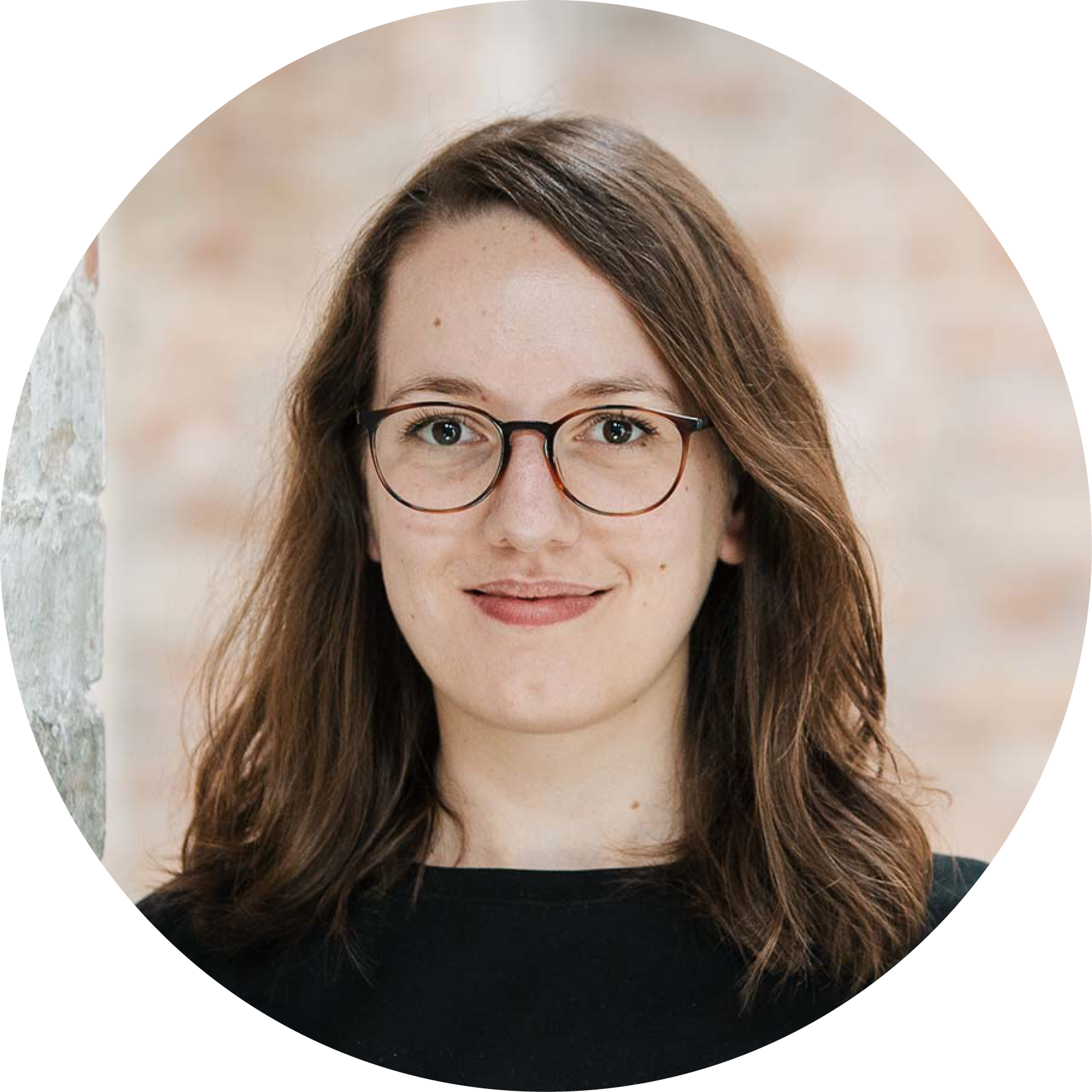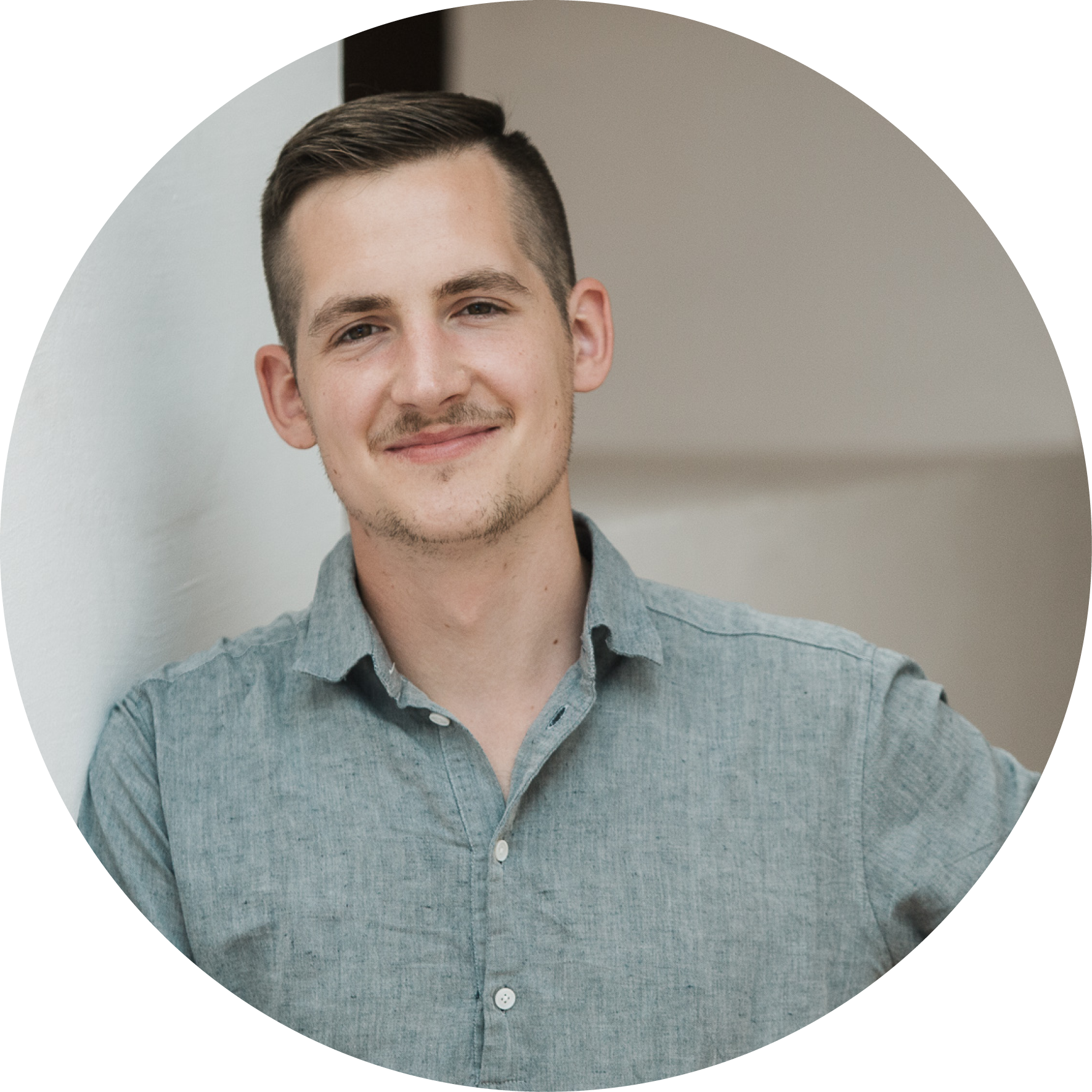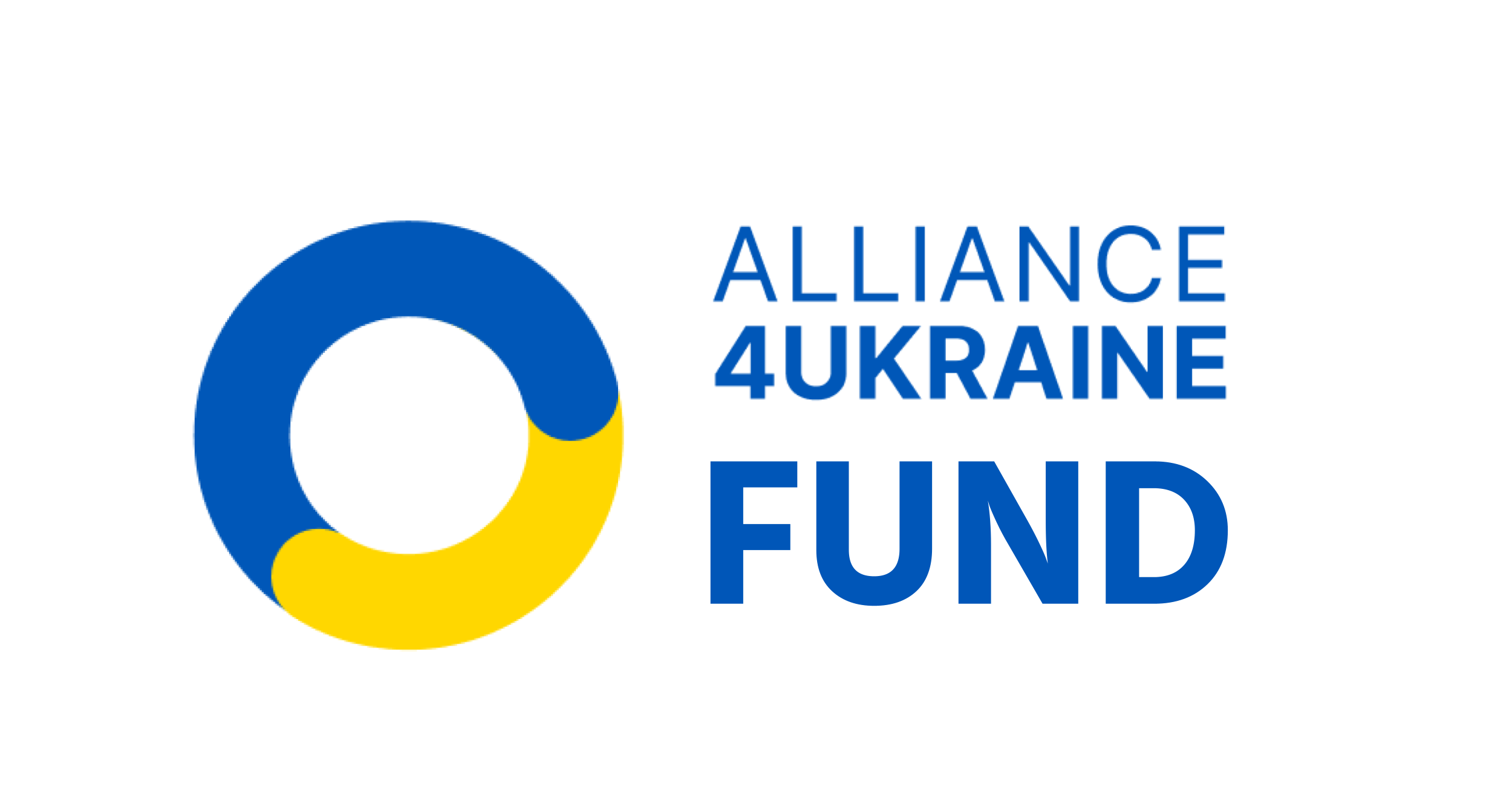We invite everyone to be part of our activities and to work together to advance solutions for the future. Indirectly or directly, individually and independently, yet together. For more impact, more change and a world we all want to live in. What would you like to contribute?
Methods and Tools
Together we’re building the operating system for a new way of interacting as a society, politics, and business
In our missions, we learn how to effect change together by taking action. This creates new tools, methods, and processes – a kind of operating system for a society that shapes change. With each application, we further develop the tools and methods of our operating system.
Find out more about our methods and tools below.
How do we shape the transition to an agricultural and food system within planetary boundaries? What can we do to improve the integration and participation of refugees? How is the transition to a circular economy going to succeed? Our missions are as diverse as the great challenges of our time.
We Implement Open Social Innovation Processes with Hundreds of Stakeholders
Climate change, digitalization, or sustainable business – the changes necessary in our society cannot be dictated “top down,” but must be shaped jointly by citizens and the state. Open social innovation provides a tried-and-true approach to this.
We understand this to mean a methodology that represents a broad participation process (open) in order to tackle societal challenges (social) with new solutions (innovation). At the heart of this is the parallel testing of numerous solutions. This makes it possible to find out at an early stage what works and what doesn’t, and which ideas will offer lasting solutions.
With principles such as swarm intelligence and co-creation, open social innovation brings the wealth of ideas from society to life. Actors from civil society, government, and business work together in a joint, mission-oriented process. Solutions are identified, tested, promoted, and implemented.
#WirVsVirus and UpdateDeutschland – Open Social Innovation Processes by ProjectTogether
#WirVsVirus Hackathon and Implementation Program
At the end of March 2020, at the beginning of the coronavirus pandemic, just a few days after a public appeal, 28,000 citizens got together digitally and worked together in teams on 1,500 solutions to tackle the numerous problems caused by COVID-19. Citizens, associations, companies, and government agencies had all been involved in formulating the challenges beforehand. The hackathon was just the kickoff event, and 147 project teams took off down the road to implementation. The six-month #WirVsVirus implementation program enabled quick testing and the user-centric development of solutions.
The teams receive access to a curated pool of over 300 experts, opportunities to directly network with decision-makers from business and politics, and, last but not least, financial support.
#WirVsVirus was initiated by Tech4Germany, Prototype Fund, Impact Hub Berlin, ProjectTogether, SEND e. V., Initiative D21, and Code for Germany.
The #WirVsVirus implementation program was implemented by ProjectTogether under the auspices of the Federal Chancellery.
UpdateDeutschland 48-Hour Sprint and Implementation Program
“Out of the crisis, into the future” – in 2021, one year after #WirVsVirus, we called on everyone to work together on the most pressing challenges. Thousands of citizens, associations, and start-ups got together with experts and decision-makers from civil society, government agencies, business, and academia during the 48-hour digital sprint. In addition to the federal government, eleven state governments and more than 60 municipalities are supporting the joint program.
Government partners at all levels are being involved in the process from the outset. 600 challenges were introduced in advance, and 400 initiatives with existing and new approaches are taking part.
330 teams will then spend four months developing and implementing their solutions. Funded by the Deutsche Stiftung für Engagement und Ehrenamt (German Foundation for Commitment and Volunteering), 20 initiatives will continue their work in a second funding phase, accompanied by ProjectTogether. UpdateDeutschland’s impact has continued to be felt in regional ecosystems for a long time. For example, the Hamburg Senate has established a new funding strategy in the form of UpdateHamburg – challenges are put out to tender without prescribing the solution, so that social innovations can unleash their full potential.
We Scale Solutions through a New Form of Collaboration between Civil Society and the State
Social innovations are born in society. They do not operate according to traditional business models and their linear growth principles. Not only individuals, but society as a whole benefits from them.
Even if they are proven to be effective, many social initiatives face particular difficulties in scaling up their solutions and are not widely used. Currently, there is a lack of innovation flowing into public services.
The government has the power to effect change. The key areas in need of transformation, such as education, health, infrastructure, and integration, are part of public services of general interest. In cooperation with the public sector, innovations in this area can unlock their full potential.
Public-citizen partnerships are the name for this transformative interaction between actors from the state and civil society. Citizens and partners from federal, state, and local governments jointly develop and perpetuate innovations where they are most urgently needed.
Building on the experience gained from UpdateDeutschland, Alliance4Ukraine, and other missions, ProjectTogether creates the necessary interface. Together, we build the tools and processes and change structures and frameworks in order to create an enabling and learning state.
“Gewaltfrei in die Zukunft” (Futures Free from Violence) – an app supported by ProjectTogether for those affected by domestic violence.
Domestic violence – physical or emotional violence between people living in one household – is one of the many problems exacerbated by the coronavirus lockdown. Women are particularly affected. How can we help those affected free themselves from their situation? With this challenge in mind, Stefanie Knaab brought her existing idea of an app to the big #WirVsVirus hackathon. The app is designed to offer low-threshold help in cases of domestic violence and brings prevention, support, and protection services together directly at the scene of the crime.
Inspired by the energy of the hackathon and the possibilities of digital co-creation, she further refined her approach in the #WirVsVirus implementation program. Here the initiators receive access to a curated pool of over 300 experts, opportunities to directly network with decision-makers from business and politics, and, last but not least, financial support.
With the support of Germany’s Federal Chancellery behind the #WirVsVirus program, she founded the association Gewaltfrei in die Zukunft e.V. with Caroline von der Heyden and seven other founding members and approached state institutions to gain support for its development and scaling. While their idea had to compete with the already underfunded women’s shelters and specialized counseling centers for an allocation of the very limited funds available from Germany’s Federal Ministry for Family Affairs, Senior Citizens, Women, and Youth, their approach did not sufficiently fit in thematically with Germany’s Ministry of Health. After countless discussions with political stakeholders, the team entered into a direct dialogue with the Minister of Justice in the summer of 2020. The Ministry of Justice is providing €1.7 million, while the Ministry of the Interior of Lower Saxony and the State of Berlin are also providing €1 million each for implementation and research.
The process is professionally supported by the Berliner Initiative gegen Gewalt an Frauen (Berlin Initiative Against Violence against Women – BIG), countless other specialist counseling centers and women’s centers, as well as by many affected individuals and by the State Criminal Office of Lower Saxony, which is contributing employees for criminological evaluations and implementation. In 2021, the state of Berlin will join in a regional pilot project and contribute two more employees. The app makes it possible to store court-supporting documentation in a cloud that is inaccessible to aggressors. This is a milestone, as 85% of court cases are discontinued partly due to a lack of evidence or because women were no longer willing to testify (according to the domestic violence statistics from Berlin from 2017).
In the close partnership between stakeholders from civil society and the state, an idea has thus developed into a tried-and-true solution that helps to structurally address a societal problem. Networking supported by ProjectTogether, financial and professional resources, and last but not least, the initiators’ and partners’ tremendous commitment have created a broad interdisciplinary network for the destigmatization of domestic violence.
fdfdfdfdf
dfdf
We Pool Societal Risk Capital and Fund Partnerships
Rapid, effective solutions are particularly needed during times of crisis. However, tried-and-true approaches often fail to have a wide-ranging impact because they are denied funding at the crucial moment. They fail due to lengthy or complicated subsidy procedures.
In order to rapidly have an impact, we also apply our collective action approach to funding: For each ProjectTogether mission, we create an “ecosystem” not only of initiatives, but also of supporting foundations, companies, and individuals. We pool your financial resources in a joint fund and allocate them to initiatives as needed and without red tape.
This is made possible by the close dialogue with the initiators in our missions’ communities. Together, we quickly identify the areas in which there is a need for funding. Start-up funding often enables further follow-up funding, for example from state institutions. Philanthropic capital not only flows into individual solutions, but also stimulates mergers and collaborations. Everyone involved benefits from the lean process – initiatives do not have to complete complex applications, and funding partners receive curated funding proposals from us.
Responsible
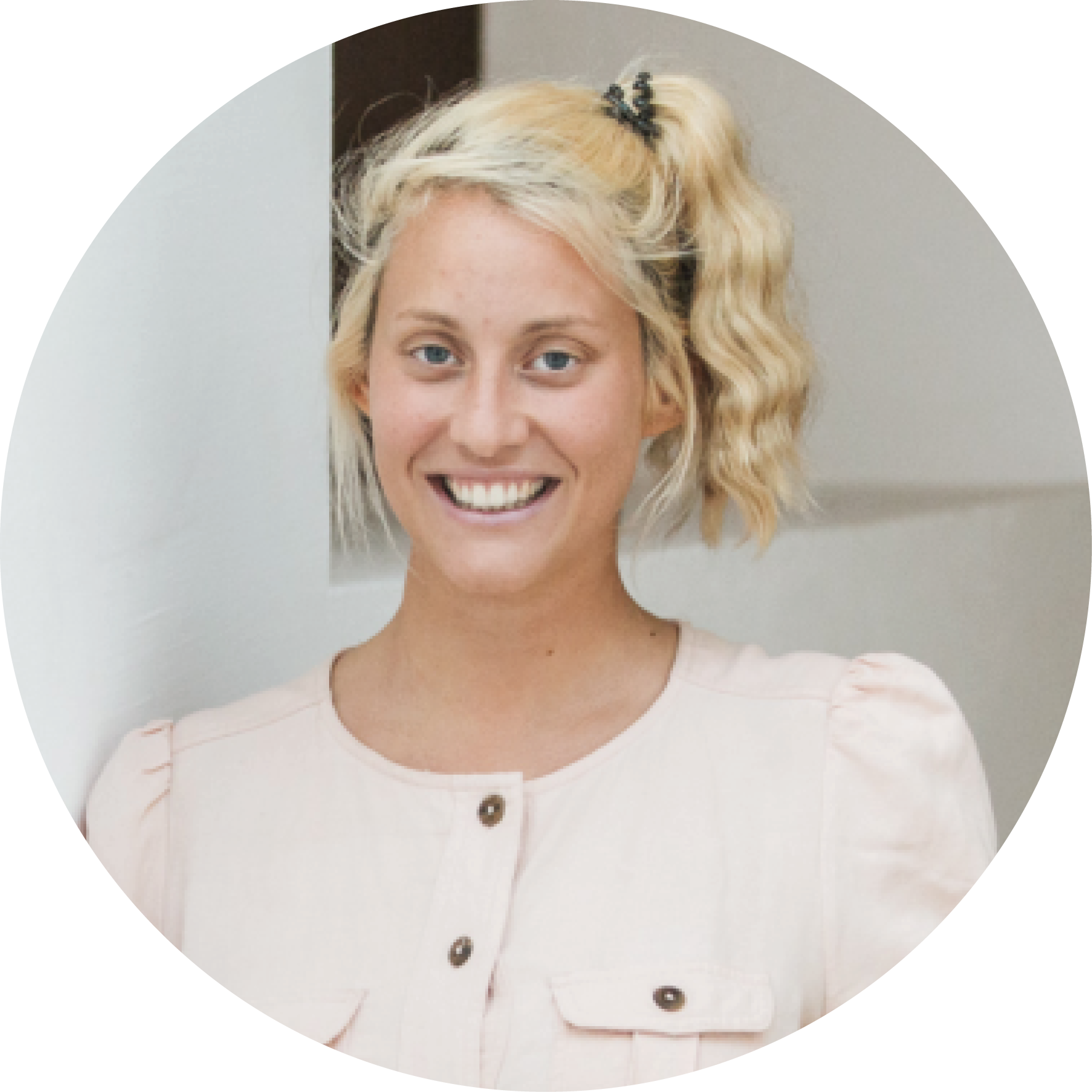
Strategic Lead Collective Funding
KontaktAlliance4Ukraine Fund – Collective Funding Managed by ProjectTogether
Just a few days after the start of the Russian attack on Ukraine, ProjectTogether not only initiated a coordinating alliance of more than 400 organizations, but also its own funding instrument: the Alliance4Ukraine Fund. It pools funds from foundations, companies, and individuals and meets the urgent needs of heavily stressed organizations supporting asylum seekers from Ukraine. “The structures have to be ramped up quickly, so there can’t be long application processes,” says Philipp von der Wippel of ProjectTogether about the guiding principle. How are funding allocation decisions made? The ProjectTogether team reviews funding needs and makes a recommendation to the Alliance4Ukraine Advisory Board. This consists of the financing partners and experts from the fields of flight, migration, and social participation. The final decision is made by the Advisory Board, which usually meets once a week via video conference – a new form of collaboration between the 20 or so representatives from civil society and business. The Alliance4Ukraine Fund was able to fund, for example, the transportation of firefighting vehicles to Ukraine by the organization @fire or the coordination of hundreds of volunteers at the train stations by the group Berlin Arrival Support. “Nobody would have been able to make such qualitative decisions with their own governance structures alone,” says Markus Hipp, Executive Director of the BMW Foundation and initiator of the fund. The donations not only help to meet acute needs, but also act as a lever for further funding. The digital Optima School, which was funded with €50,000 by the fund, received further funding from SAP and the Robert Bosch Foundation.
fdfdfdfdf
dfdf
We Build Solutions That Have Been Lacking until Now and Are Highly Relevant to Society
The crises of recent years have made it clear that it is precisely in the areas upon which all or very many people depend – such as digitalization, health care, and integration – that solutions for a crisis-proof future are lacking. Public goods that leverage sound ideas from society are often lacking in key areas. We want to change this.
In doing so, we benefit from our systemic way of working. It forms the basis of ProjectTogether’s missions and processes. By bringing together all relevant stakeholder groups to discuss a challenge, we get a good overview of a system and the structural hurdles within it. Working closely with those affected, we identify products or services that everyone needs but no one has yet delivered.
As an independent nonprofit organization, we build solutions for the infrastructure of social innovation. Once we have identified a “missing piece,” our network allows us to quickly put together a team with product, design, and IT expertise. This team develops the first minimally functional iteration (MVP), continuously learns from user feedback, and builds a product that empowers stakeholders from different sectors to cooperate.
Every initiative to build new public goods is an experiment. It requires risk capital for resources such as personnel capacities, and it thrives on our partners’ courage and commitment.
Responsible
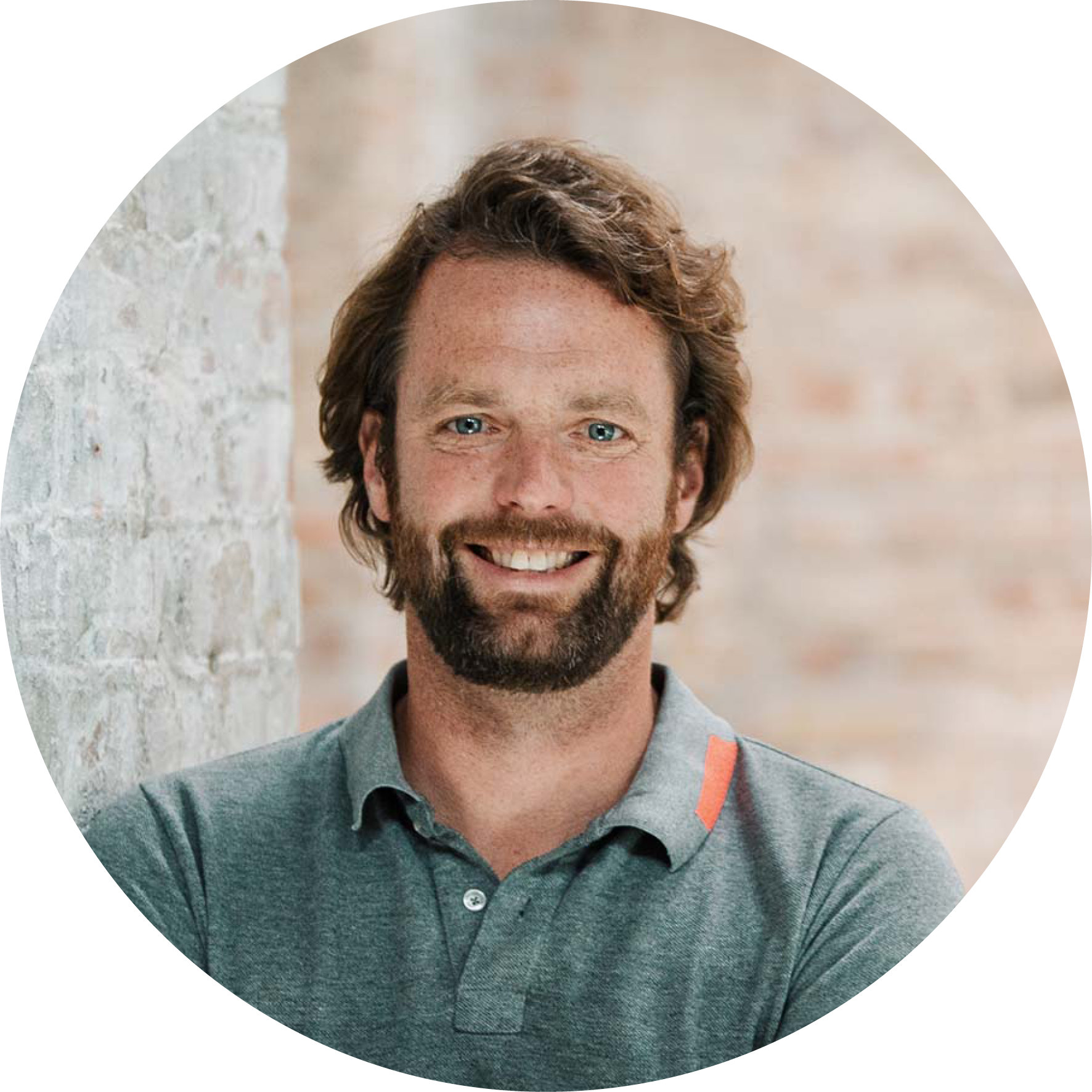
Product Lead ProjectTogether
KontaktThe First Digital Platform for Sponsorships of Refugees in Germany
The Alliance4Ukraine, founded by ProjectTogether, got its start by regularly matching needs and resources to support refugees. In the “Buddy Systems and Support” field of action, the question of scaling up sponsorships quickly arose – one of the most effective tools for successful integration. More than 700 organizations in Germany arrange sponsorships for refugees. The problem is that the majority of these organizations do not have digitalized processes and are thus limited to their local area. Often, lengthy research or personally signing up on-site is necessary, or people with refugee experience may not be able to sign up in their own language. That is why ProjectTogether developed patenmatch.de in collaboration with the German Federal Ministry for Family Affairs, Senior Citizens, Women, and Youth and many established sponsorship organizations. As a central digital point of contact for the placement of safe refugee sponsorships, the platform offers people reliable services in nine languages. By building on existing and tried-and-true networks, it does not create parallel structures. Resource pooling and exchange between civil society, stakeholders, the public sector, and businesses – Alliance4Ukraine provided the framework for scaling a social innovation in the field of migration and participation.
fdfdfdfdf
dfdf
Collective Action needs each and every one of us.

